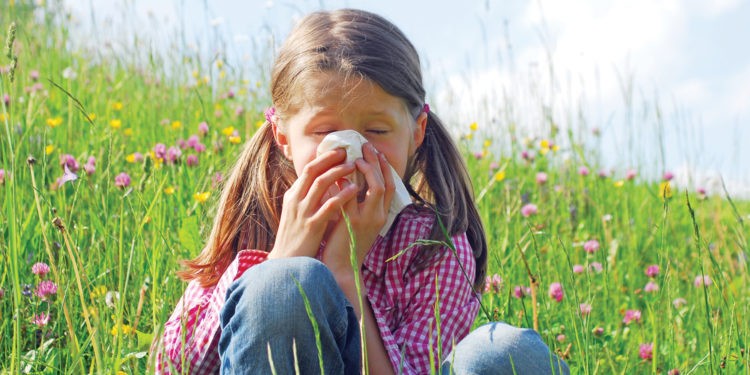Changing Seasons

Allergy and Sinus Relief this Spring
When the cold and flu season is over, it’s time to welcome allergy season! Fortunately, there is relief in sight.
With spring almost in the air, most people think about returning to the great outdoors, going for walks, having picnics and soaking up the sun and while embracing the fresh air. For countless individuals, however, the onset of this much-anticipated season means a return of sniffing, sneezing, and itchy, watery eyes. While most refer to these symptoms as the hallmarks of hay fever, the medical community refers to it as allergic rhinitis. If you want to blame it on something, blame it on the pollen, and you can find it everywhere this spring.
Kicking off the pollen season are the trees, followed by grasses later in the spring and weed pollens in late summer. Of course, much of this depends upon what area of the country in which you live. And even though pollen can be quite the assault on your senses, according to webmd.com, it is possible to survive the season by incorporating a few simple tips into your lifestyle.
The most obvious approach would be to avoid the allergens altogether, but how is that even possible? If you stay inside between 10 a.m. and 4 p.m. when the pollen counts are typically higher, that can help. If you need to get out of the house, schedule that time later in the day on high-pollen days.
Even simple changes to your home can help alleviate allergy symptoms. Keep all windows shut to keep out pollen and defer to an air conditioner to keep you cool instead of a fan, as the latter draws in outdoor air. When vacuuming your floors, use a vacuum cleaner with high-efficiency particulate air filters (HEPA), which are known to trap up to 99.97% of microscopic particles that linger in the air. Of course, do not smoke, as that can only aggravate allergy symptoms.
Other smart habits to adopt include removing your shoes before coming inside so you don’t track in the pollen. Dry your clothes in the dryer instead of air drying them, and if you have a pet that goes outside, be sure to wipe his fur off before he comes back inside. Pollen loves to travel on fur.
There are certain over-the-counter remedies that can also be of help. Antihistamines work to stop allergy symptoms; over-the-counter eye drops can minimize the itchy eyes; and decongestants can alleviate nasal stuffiness associated with allergies. Be advised, however, that certain decongestants have the potential to raise your blood pressure, so please consult with your physician before taking any type of medication. In some cases, you may be referred to an allergist who can work with you to determine the exact cause of your allergies and prescribe other medications.



